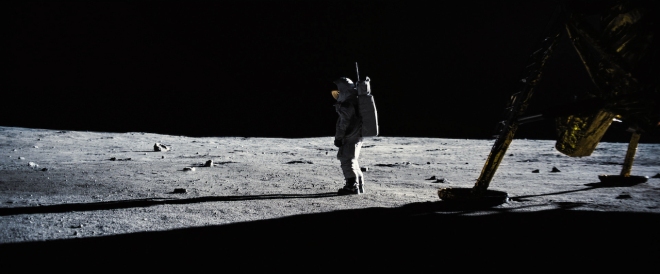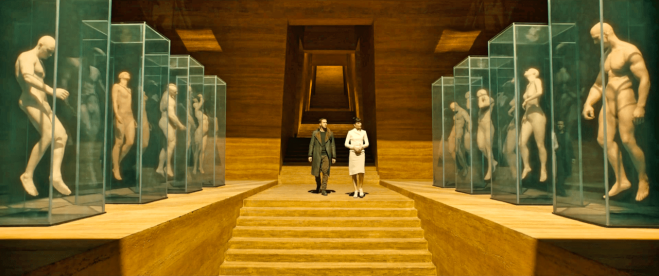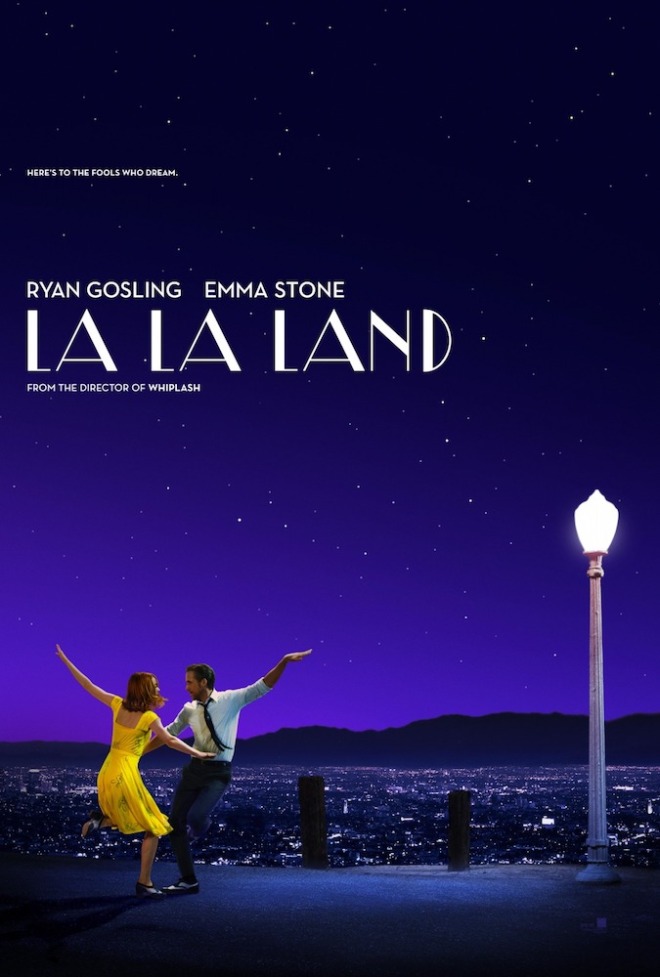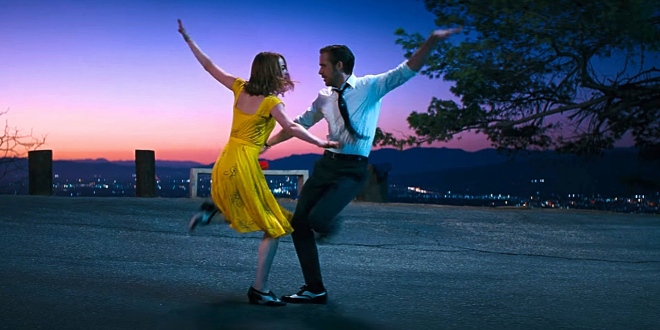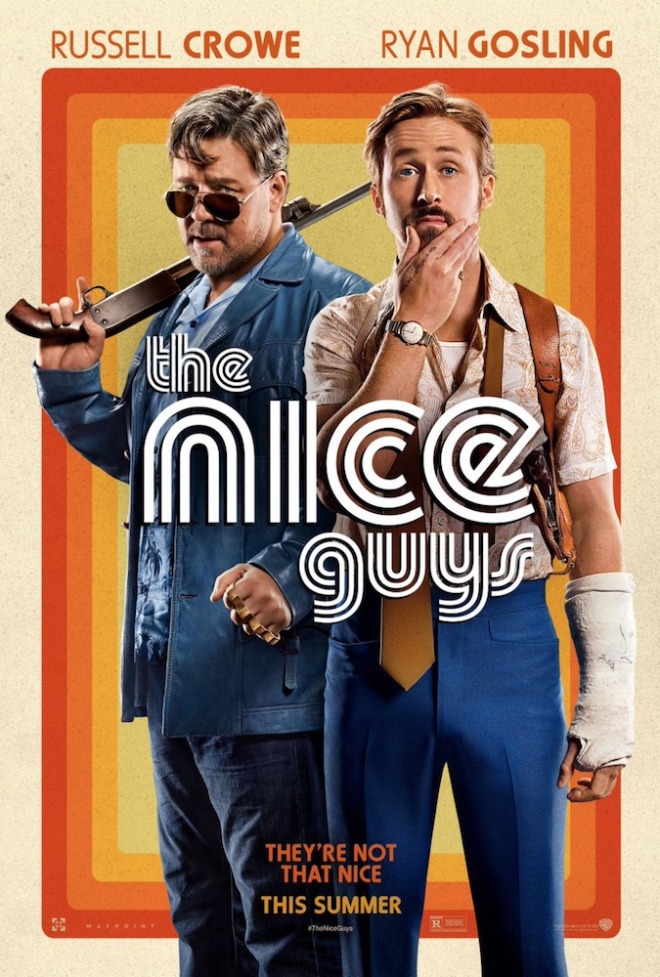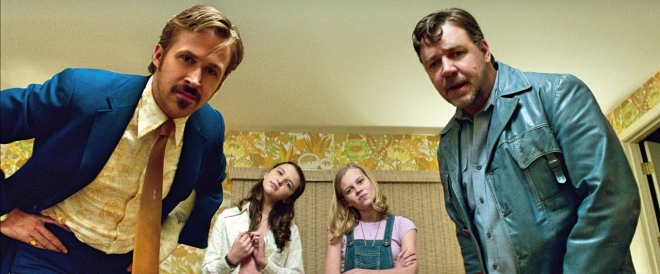
We have always defined ourselves by the ability to overcome the impossible. And we count these moments — the moments when we dared to aim higher, to break barriers, to reach for the stars, to make the unknown known — we count these moments as our proudest achievements. But of all the discoveries & breakthroughs we have made throughout history, possibly nothing is more memorable, significant & extraordinary than what we accomplished 50 years ago. The first manned Moon landing even to this day remains the pinnacle of our pioneering heritage. It was an unprecedented leap that’s still unrivalled, and considering the risk-averse world we live in today, it’s unlikely that something of this scale will be attempted again in the foreseeable future.
It all started in the late 1950s when the world, still engaged in Cold War, saw its two rival superpowers take their one-upmanship interests to the sky, thus opening up the frontiers of space exploration. The Soviets gained the upper hand with the launch of Earth’s first artificial satellite, followed by first human in space & first extravehicular activity among other things, which then compelled the United States to level the ground by pursuing a far-fetched goal that was merely a fantasy few decades back. And so was born a mission that was so ambitious, dangerous & full of technological challenges that when it was close to being actually realised, the entire world attuned to this singular event and gasped collectively as they witnessed one man planting the first human foot on a world beyond our own.
First Man is the story of that one man. A personal, poignant & powerfully evocative account of the personal sacrifices & professional challenges that Neil Armstrong overcame in his journey to becoming the first person to walk on the moon. Adapted from the only biography to have his authorisation, the film offers a properly researched & incredibly fascinating glimpse into the life of the legendary astronaut by concocting an emotionally driven & profoundly melancholic story set around his personal grief without discarding any of the soaring delights & adventurous wonders of space voyages. An impressive feat that exquisitely balances emotional storytelling with visual splendour while showcasing first-rate craftsmanship in all aspects, First Man is no less than an absolute masterpiece.
Directed by Damien Chazelle (the wunderkind behind Whiplash & La La Land), the film marks his third consecutive cinematic gem and cements his status as the most promising new talent in the contemporary pool of Hollywood filmmaking scene. Marking his first stint with biopics, First Man allows the young filmmaker to widen his creative horizons by tackling a story that required maturity on top of passion for it to be properly realised on the big screen. And the confidence & composure his direction exhibits throughout the story, in addition to the gentleness & sincerity with which he translates Josh Singer’s masterly penned screenplay into soul-stirring imagery, only points to his prodigious talents as a storyteller and his extensive understanding of the medium. In short, it’s a massive step forward for the immeasurably talented filmmaker.
Written by Josh Singer, First Man would be a celebration of human spaceflight if it was solely about NASA’s crowning achievement but since it is centred on the man whose strength, perseverance & personal conviction brought him to the moment when he took one giant leap into the unknown, it only makes sense for the story to be more focused on his personal journey and narrate the historic set of events from his viewpoint without deviating from the emotional beats at play in those moments of spectacle & wonder. The film covers a decade in Neil Armstrong’s life, from his time as NASA’s test pilot for X-15 to the commander of the historic Apollo 11 mission but the core ingredient that drives this narrative is the sense of loss & accumulating grief that turns Neil’s flight to the moon into a hellbent obsession and finally culminates on a cathartic note on the lunar surface.
From the technical standpoint, First Man is a marvel. Production design team transports the viewers back to the early days of the agency with the Space Race ongoing in full flow while the precise settings & era appropriate set pieces lend more credibility to the 1960s timeline. Cinematography is stupendous throughout, employing 16mm film to give a raw, gritty & documentary feel to scenes set within the spacecraft, utilising 35mm cameras for the other portions, and going for IMAX 70mm cameras for the Moon landing sequence to provide a sense of grandeur that segment deserves. The handheld photography is neat & seamless yet quick to shift gears when the occasion calls for it. Adding more sharpness to the images is the apt colour tones & excellent lighting. And thanks to controlled editing & relaxed pace, the narrative flow is smooth and its 141 minutes runtime isn’t bothersome.
Coming to the acting department, Ryan Gosling steps into the role of Neil Armstrong and delivers a silent yet brooding performance with his impeccable body language & subtle expressions. He’s one of the rare actors who can convey a feeling without being explicit about it and there’s hardly any moment when he doesn’t seem in control of the characters he’s rendering on screen. Armstrong’s final moment on the moon in this film provides a perfect closure to his arc as he finally lets go of the loss, pain & sorrow that was inflicted by a tragedy earlier in the story. And Gosling is just faultless in that scene. It’s a beautiful, melancholic & deeply intimate moment made all the more touching by its stirring score. Claire Foy also manages to make herself stand out on a couple of occasions in the role of Janet Armstrong; Neil’s first wife while both Jason Clarke & Kyle Chandler deliver strong inputs in supporting roles, and the rest are just as good if not better.
Lastly, we have Justin Hurwitz. Having composed the music for every Damien Chazelle film to date, Hurwitz orchestrates a symphony that captures the heart & soul of the story with accuracy, hitting the right emotional chords at the right time, and it’s always in sync with the immaculate sound design to fulfil the aural requirements of any given scene. Also, his harmonious soundtrack single-handedly amplifies the effectiveness of several moments, at times even evoking other space films simultaneously. The track for Gemini 8 docking segment briefly carries the romantic flair that a similar scene in Stanley Kubrick’s 2001: A Space Odyssey exuded. Accompanying the Apollo 11 launch sequence is a musical piece that gets as epic as a score can get for a scene like that. And then, there is the Moon landing sequence that Hurwitz turns into one for the ages with a breathtaking track that brims with the same nail-biting intensity & rousing quality that Hans Zimmer was able to infuse into the docking scene in Christopher Nolan’s Interstellar. By all means, this is Justin Hurwitz’s finest score to date.
On an overall scale, First Man is an ambitious, audacious & awe-inspiring biopic that finds Damien Chazelle delivering another knockout as he brings the story of one of NASA’s most notable figures who successfully commanded their most groundbreaking mission, and stepped into history when his foot planted an iconic & indelible imprint on the lunar surface. The only gripe I have against this film has got nothing to do with its quality but the studio’s decision to not wait until next year as the summer of 2019 would have provided First Man the perfect opportunity to commemorate the 50th anniversary of the pivotal & historic moment the film recreates on the silver screen. An engrossing blend of ingenious direction, polished writing, spellbinding camerawork, smart editing, stellar soundtrack & honest performances, First Man is an undeniably impressive feat on both technical & storytelling fronts, is sophisticated enough to rank amongst the finest films of the year, and is authentic enough to garner a spot amongst its genre’s finest offerings. To summarise in a sentence: That’s one small step for cinema, one giant leap for Damien Chazelle.
